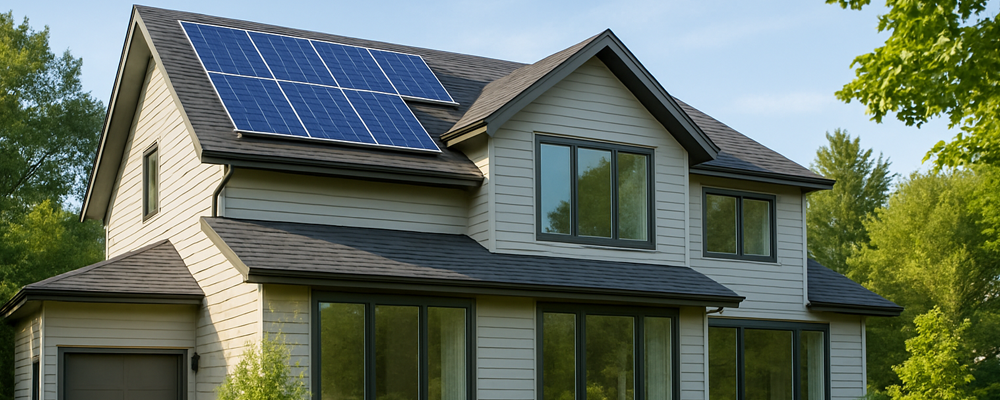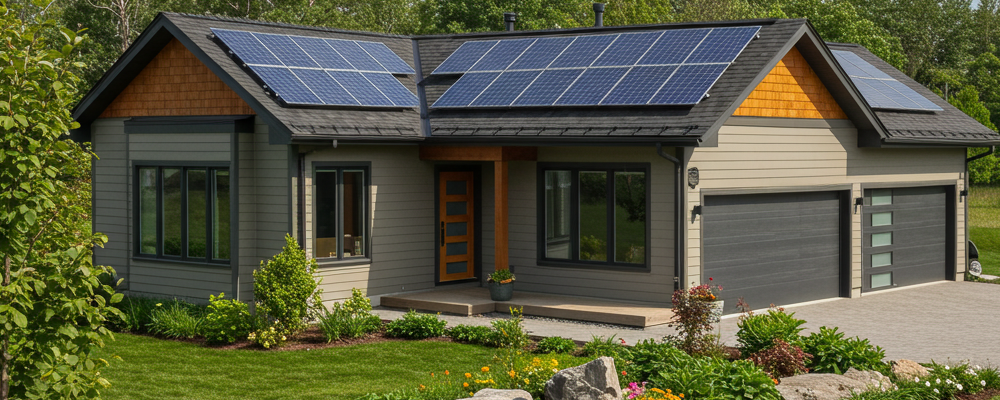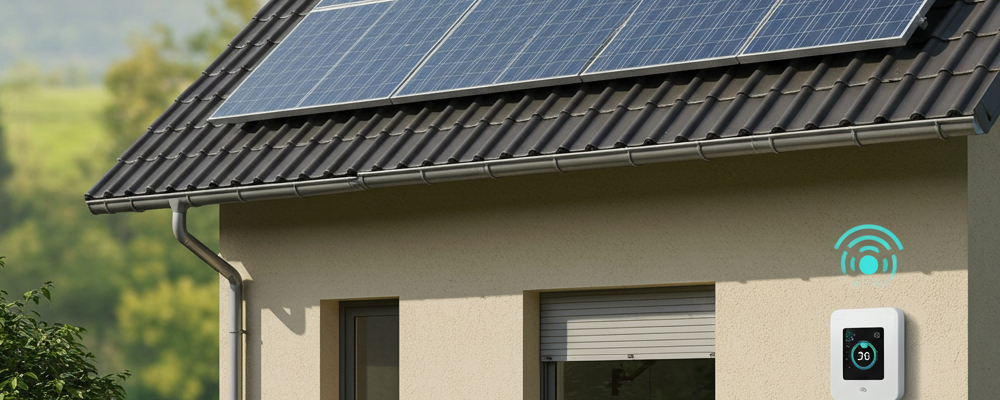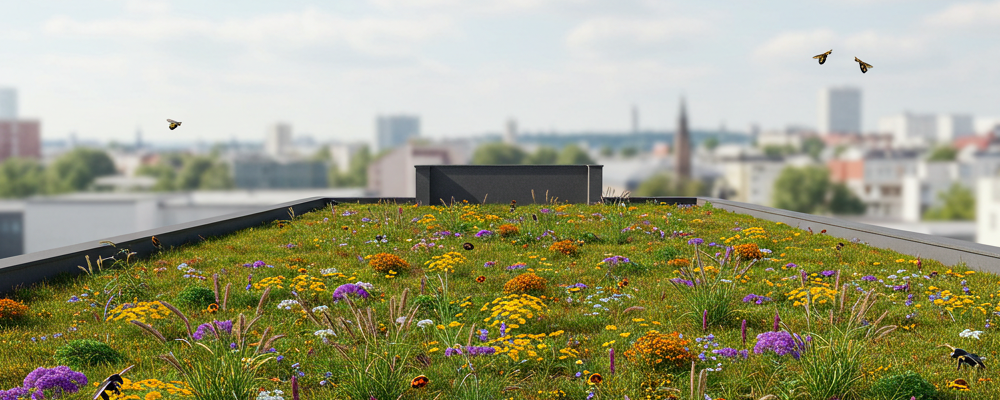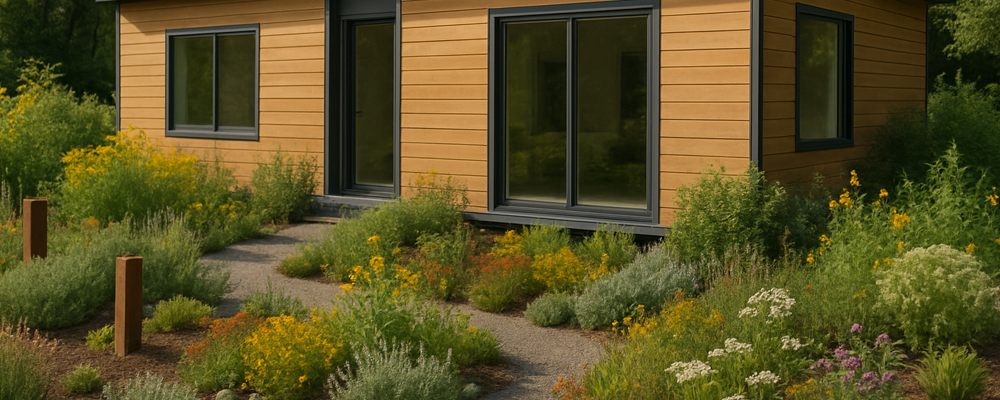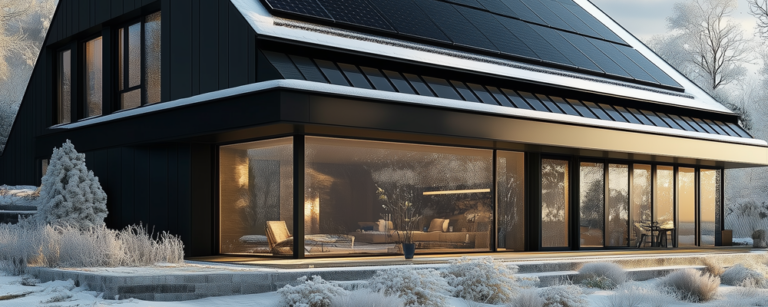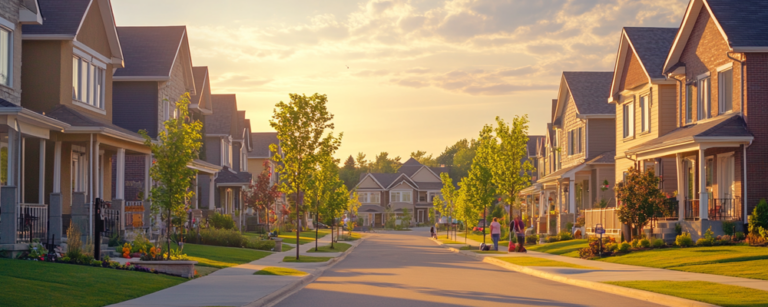Ontario’s homebuyers are increasingly prioritizing sustainable housing features in 2025. Climate resilience is now a top concern, with buyers seeking homes that are energy-efficient, environmentally friendly, and built to withstand extreme weather. This shift is driven by rising energy costs, unpredictable weather, and a growing awareness of environmental impacts.
Why Climate Resilience and Sustainability Matter
Ontario faces more frequent extreme weather events, including floods, heatwaves, and wildfires. These challenges make climate-resilient homes essential for safety, comfort, and long-term affordability. Sustainable housing features not only protect homeowners from environmental risks but also lower utility bills and increase property values.
What Are Sustainable Housing Features?
Sustainable housing features are design elements and technologies that minimize a home’s environmental impact while maximizing energy efficiency and comfort. In Ontario, these features are becoming standard as both buyers and builders recognize their value.
Key Benefits of Sustainable Homes
- Lower energy and water bills
- Smaller carbon footprint
- Improved indoor air quality
- Enhanced comfort and durability
- Higher resale value
Top Sustainable Housing Features Ontario Buyers Want
Energy Efficiency
Energy efficiency is at the core of sustainable housing features. Buyers look for:
- Solar panels: Harnessing solar energy to reduce reliance on fossil fuels and lower electricity costs. Many Ontario homeowners can sell excess power back to the grid.
- High-efficiency HVAC systems: Modern heating and cooling units use less energy while maintaining comfort year-round.
- Smart home technology: Programmable thermostats and automated lighting help optimize energy use and reduce waste.
Water Conservation
Water-saving features are increasingly popular:
- Low-flow fixtures: Efficient faucets and toilets cut water use without sacrificing performance.
- Rainwater harvesting systems: Collecting and reusing rainwater for landscaping reduces municipal water demand.
- Greywater recycling: Reusing water from sinks and showers for irrigation keeps lawns green with less waste.
Sustainable Building Materials
Ontario builders are adopting innovative, eco-friendly materials:
- Recycled and locally sourced materials: Using reclaimed wood, recycled steel, and other sustainable options reduces waste and supports the local economy.
- Low-carbon alternatives: Materials like bamboo and hempcrete offer strength and a smaller environmental footprint6.
Green Roofs and Landscaping
- Living roofs: Green roofs provide insulation, absorb rainwater, and create habitats for wildlife.
- Native and drought-resistant plants: Landscaping with local species reduces water use and supports biodiversity.
Ontario’s Green Building Standards and Incentives
Ontario’s building codes are evolving to support climate resilience and sustainability. The 2025 Ontario Building Code allows for mass timber buildings up to 18 storeys, promoting sustainable construction and increasing housing density. Toronto’s Green Standard sets ambitious goals for air quality, energy, emissions, water efficiency, and waste reduction in new developments.
Government incentives, such as Canada’s Greener Homes Grant, provide rebates for energy-efficient upgrades like insulation, windows, and heat pumps. Certifications like LEED, Passive House, and Net-Zero further assure buyers of a home’s sustainability credentials.
The Economic Impact of Sustainable Housing
While sustainable homes may cost more upfront, they offer significant long-term savings on energy, maintenance, and insurance. Eco-friendly homes also tend to have higher resale values, as buyers are willing to pay a premium for sustainable features. The green construction sector is also creating jobs in Ontario, from skilled trades to renewable energy and materials manufacturing.
Overcoming Challenges in Sustainable Home Construction
Some buyers worry about higher initial costs or regulatory hurdles. However, government rebates, green mortgages, and evolving building codes are making sustainable homes more accessible and affordable. Retrofitting older homes can be expensive, so buying new homes built to high green standards is a smart investment for long-term savings and resilience.
The Future: What to Expect in 2025 and Beyond
Emerging trends include prefab passive homes, advanced insulation, and smart energy storage solutions. As public awareness grows and incentives strengthen, sustainable housing features are expected to become the norm in Ontario.
Find Your Sustainable Home with Bridge
Ready to buy or build a climate-resilient home in Ontario? Bridge can connect you with top sustainable builders and the latest eco-friendly listings. Contact us today to start your journey toward a greener, more resilient future.

